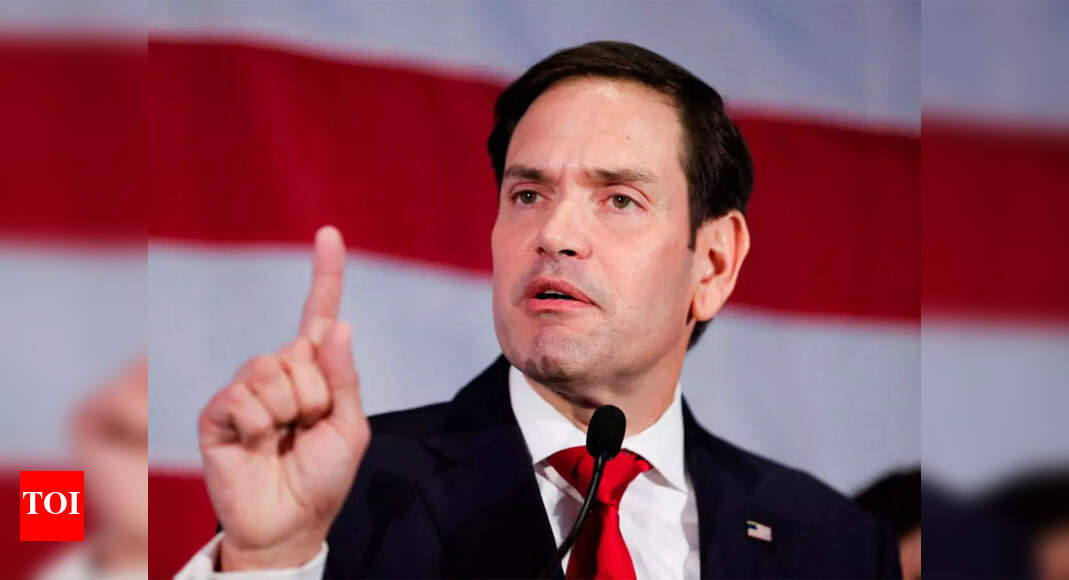For generations, the United States has stood as a sanctuary for free thought, its universities drawing minds from across the globe with the assurance that no voice would be muted for challenging authority. To study in America has long carried the promise of unfettered inquiry and fearless expression, ideals woven into the very fabric of its democratic identity.The lawsuit directly challenges Marco Rubio’s reliance on immigration statutes to deport lawful noncitizens—most notably international students Mahmoud Khalil and Rümeysa Öztürk—solely on the basis of their speech. Filed on August 6 by the Foundation for Individual Rights and Expression (FIRE), it seeks to confront the constitutional limits of such authority.At the heart of this constitutional clash lies a defining question: will America allow the principles of liberty to prevail, or will it permit the instruments of immigration law to curtail the very freedoms it claims to champion?
The cases that sparked the lawsuit
At the heart of the case are the experiences of Mahmoud Khalil of Columbia University and Rümeysa Öztürk of Tufts University, both of whom faced detention after voicing pro-Palestinian positions. Khalil was apprehended inside a university building and held for months, while Öztürk was confined for nearly seven weeks after co-authoring an op-ed urging divestment from companies linked to Israel. These detentions, FIRE argues, exemplify a broader strategy designed to silence lawful noncitizens who challenge prevailing political narratives.
The statutory basis and constitutional challenge
The government’s actions rested on two provisions of the Immigration and Nationality Act. One allows the Secretary of State to declare a noncitizen deportable if their beliefs or associations are considered contrary to US foreign policy interests. The other empowers officials to revoke visas at their discretion. FIRE contends that applying these statutes to lawful expression is unconstitutional, since the First Amendment forbids punitive action based on the content of speech. The lawsuit, therefore, seeks a ruling that would firmly establish that constitutional protections extend to all lawful residents, regardless of immigration status.
Campus climate and the chilling effect
The repercussions extend far beyond the individuals directly involved. On university campuses, student journalists and activists report an atmosphere of heightened caution. Some decline politically sensitive assignments, while others reconsider publishing or even withdraw from participation altogether. The effect is a profound chilling of discourse, diminishing the diversity of voices that define America’s intellectual fabric and weakening the role of universities as crucibles of free inquiry.
Declining international student interest
This climate of uncertainty coincides with a steep decline in international enrolments. Following the suspension of visa interviews, forecasts suggest a 30–40 percent drop in new admissions for the coming academic year. For a nation that has historically relied on its universities to attract global talent, the trend signals a potential erosion of both cultural capital and international standing. The United States risks losing its hard-earned status as the preferred destination for academic freedom and scholarly exchange.
Intensified surveillance and policy shifts
Adding to these anxieties are new directives that require US consular officers to vet applicants’ social media histories for indicators of extremism, national security risks, or anti-Semitic activity. While presented as protective measures, such screening practices deepen concerns that lawful political expression, particularly criticism of American foreign allies, will be mischaracterized as dangerous or subversive. The result is an environment where international students hesitate to engage in precisely the kind of open dialogue American universities claim to champion.
A pivotal constitutional test
The lawsuit thus represents more than a battle over immigration procedure; it is a defining constitutional test. It will determine whether the principles enshrined in the First Amendment transcend the boundaries of citizenship or whether free expression in the United States is a privilege extended selectively. In this reckoning, the country confronts not only its treatment of noncitizens but also its own identity as a defender of liberty. The outcome will resonate far beyond courtrooms and campuses, shaping how the world perceives America’s fidelity to its most cherished ideals.

